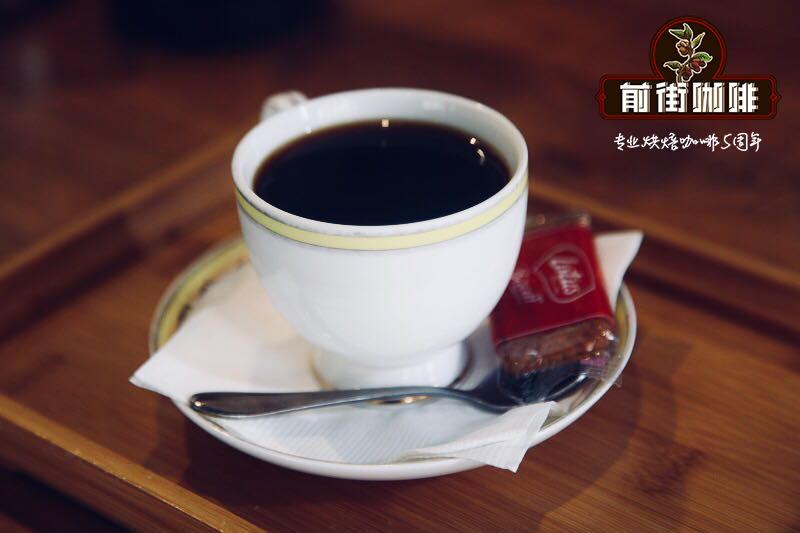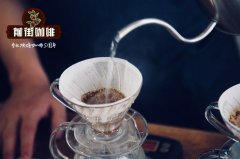Kenya NYERI coffee bean growing environment Nieli coffee bean flavor

Professional coffee knowledge exchange more coffee bean information please follow the coffee workshop (Wechat official account cafe_style)
NYERI (Nieli)
NYERI: Nyeri in central Kenya is home to the extinct volcano Mount Kenya. The red soil in this area breeds the best coffee in Kenya. Agriculture is extremely important here; coffee is the most important crop. Common cooperatives made up of small farmers are more common than large manors. There are two harvests in this area, but coffee from the growing season is usually of high quality.
Altitude: 1200-2300 m
Harvest time: October? December (main production season), June? August (by-product area)
Varieties: SL-28, SL-34, Ruriu11, Batian.
Karotu, Kenya AA TOP / Kenya Karogoto AA TOP
Country: Kenya
Producing area: Nieri
Altitude: 1700 m
Treatment: washing
Grade: AA TOP
Varieties: SL28, SL34
Flavor description: citrus, apricot, dark fruit, blackcurrant, blackcurrant, sugar sweetness, full and balanced overall flavor
Karuotu Karogoto Water treatment Plant, Tegu Water washing treatment Plant and Ngunduru Water washing treatment Plant belong to the TEKANGU Farmers' Cooperative, located in the town of Karatina (Karatina), 20 kilometers south of Mount Kenya and 20 kilometers southeast of Nieli, under the jurisdiction of Neri County in the central province. The treatment plant currently has 1054 farmers, 201 acres of cultivated area, annual rainfall 1500MM, average temperature of 12-27 degrees, fertile volcanic red soil, rich mineral phosphorus and good soil drainage. The local farmers, the Kikuyu Tribe, harvest the full-ripe fruit and wash it, then slowly dry it for 2-3 weeks to 10-12% water before sending it to the nearby Sagana dry treatment plant for shelling.
END
Important Notice :
前街咖啡 FrontStreet Coffee has moved to new addredd:
FrontStreet Coffee Address: 315,Donghua East Road,GuangZhou
Tel:020 38364473
- Prev

Introduction to the method of hand flushing of Colombian coffee beans is the content of caffeine high in Colombian coffee beans?
Professional coffee knowledge exchange more coffee bean information please follow the coffee workshop (Wechat official account cafe_style) Colombia is the world's third largest coffee producer and exporter (the first is Brazil, the second is Vietnam) is the world's largest exporter of Arabica coffee beans, Colombia and the largest coffee producer Brazil, the northwest is bordered by Panama, we know Panama is rich
- Next

Murang'A Kenya October to December is the main season
Professional coffee knowledge exchange More coffee bean information, please pay attention to coffee workshop (Weixin Official Accounts cafe_style) Kenya MULANGA (Mu Rangtu) MULANGA: There are about 100,000 coffee farmers in this area belonging to Central Province. This inland region was chosen by the first missionaries to settle because Portugal forbade them to live on the coast
Related
- Detailed explanation of Jadeite planting Land in Panamanian Jadeite Manor introduction to the grading system of Jadeite competitive bidding, Red bid, Green bid and Rose Summer
- Story of Coffee planting in Brenka region of Costa Rica Stonehenge Manor anaerobic heavy honey treatment of flavor mouth
- What's on the barrel of Blue Mountain Coffee beans?
- Can American coffee also pull flowers? How to use hot American style to pull out a good-looking pattern?
- Can you make a cold extract with coffee beans? What is the right proportion for cold-extracted coffee formula?
- Indonesian PWN Gold Mandrine Coffee Origin Features Flavor How to Chong? Mandolin coffee is American.
- A brief introduction to the flavor characteristics of Brazilian yellow bourbon coffee beans
- What is the effect of different water quality on the flavor of cold-extracted coffee? What kind of water is best for brewing coffee?
- Why do you think of Rose Summer whenever you mention Panamanian coffee?
- Introduction to the characteristics of authentic blue mountain coffee bean producing areas? What is the CIB Coffee Authority in Jamaica?

